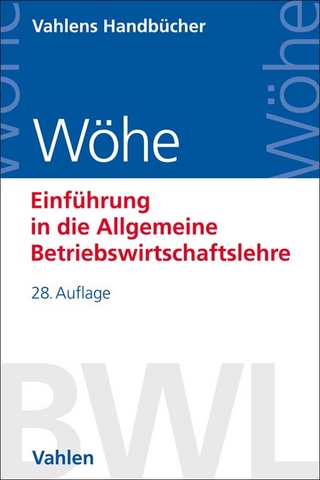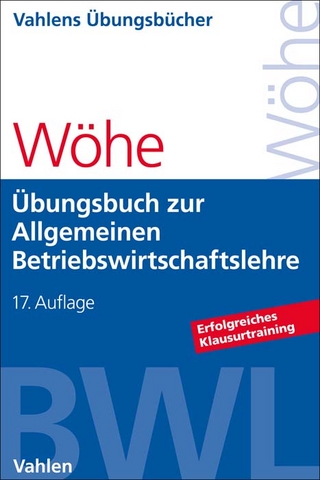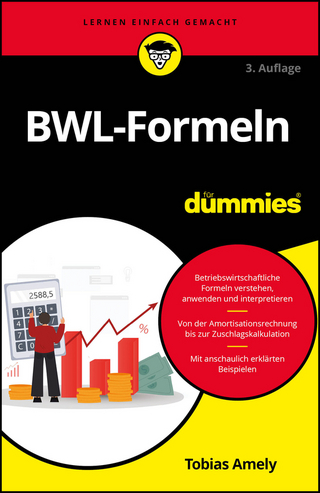
Info-Gap Decision Theory
Academic Press Inc (Verlag)
978-0-12-373552-2 (ISBN)
Everyone makes decisions, but not everyone is a decision analyst. A decision analyst uses quantitative models and computational methods to formulate decision algorithms, assess decision performance, identify and evaluate options, determine trade-offs and risks, evaluate strategies for investigation, and so on. Info-Gap Decision Theory is written for decision analysts.
The term "decision analyst" covers an extremely broad range of practitioners. Virtually all engineers involved in design (of buildings, machines, processes, etc.) or analysis (of safety, reliability, feasibility, etc.) are decision analysts, usually without calling themselves by this name. In addition to engineers, decision analysts work in planning offices for public agencies, in project management consultancies, they are engaged in manufacturing process planning and control, in financial planning and economic analysis, in decision support for medical or technological diagnosis, and so on and on. Decision analysts provide quantitative support for the decision-making process in all areas where systematic decisions are made.
This second edition entails changes of several sorts. First, info-gap theory has found application in several new areas - especially biological conservation, economic policy formulation, preparedness against terrorism, and medical decision-making. Pertinent new examples have been included. Second, the combination of info-gap analysis with probabilistic decision algorithms has found wide application. Consequently "hybrid" models of uncertainty, which were treated exclusively in a separate chapter in the previous edition, now appear throughout the book as well as in a separate chapter. Finally, info-gap explanations of robust-satisficing behavior, and especially the Ellsberg and Allais "paradoxes", are discussed in a new chapter together with a theorem indicating when robust-satisficing will have greater probability of success than direct optimizing with uncertain models.
Yakov Ben-Haim originated info-gap theory which has been applied to decision-making in engineering, biological conservation, behavioral science, medicine, economic policy, project management and homeland security. Dr. Ben-Haim is a professor in Mechanical Engineering at the Technion - Israel Institute of Technology, and holds the Yitzhak Moda'i Chair in Technology and Economics. He has been a visiting professor in Canada, Europe, Japan, Korea and the U.S.
1. Overview
2. Uncertainty
3. Robustness and Opportuneness
4. Value Judgments
5. Antagonistic and Sympathetic Immunities
6. Gambling and Risk Sensitivity
7. Value of Information
8. Learning
9. Coherent Uncertainties and Consensus
10. Hybrid Uncertainties
11. Robust-Satisficing Behavior
12. Retrospective Essay: Risk Assessment in Project Management
13. Implications of Info-Gap Uncertainty
| Erscheint lt. Verlag | 7.8.2006 |
|---|---|
| Verlagsort | San Diego |
| Sprache | englisch |
| Maße | 165 x 240 mm |
| Gewicht | 820 g |
| Themenwelt | Wirtschaft ► Betriebswirtschaft / Management ► Allgemeines / Lexika |
| ISBN-10 | 0-12-373552-1 / 0123735521 |
| ISBN-13 | 978-0-12-373552-2 / 9780123735522 |
| Zustand | Neuware |
| Haben Sie eine Frage zum Produkt? |
aus dem Bereich


